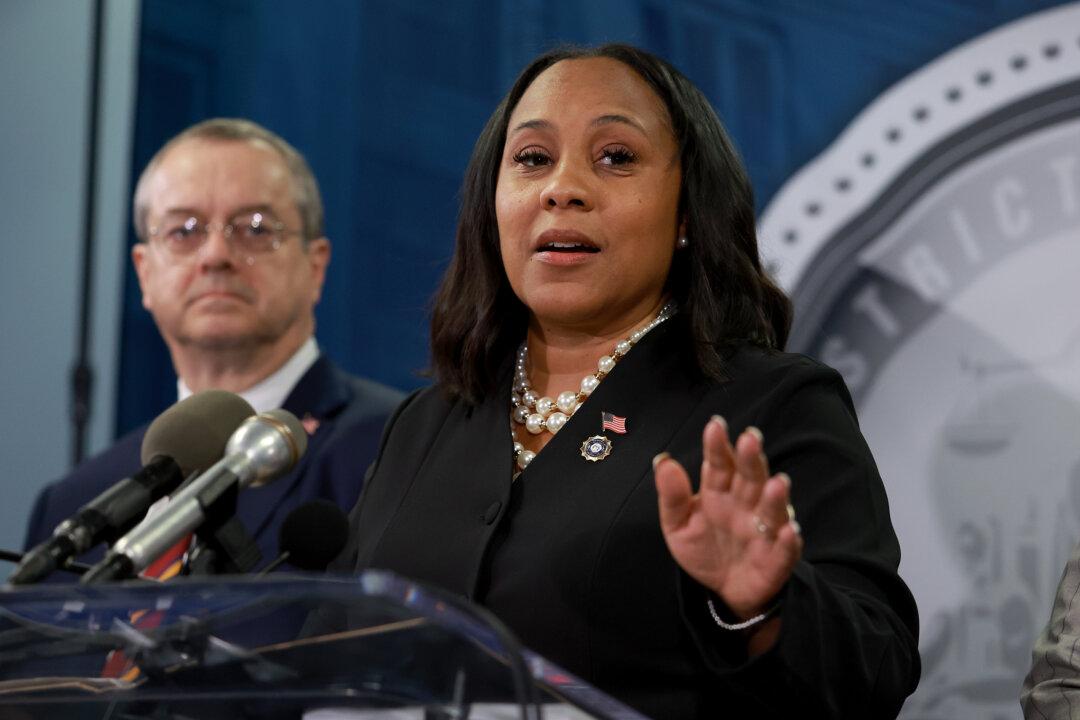Attorneys for Harrison Floyd, a co-defendant in a Fulton County, Georgia, case against former President Donald Trump and 18 others over their contesting the 2020 election results, filed several motions on Monday.
They asked the court to sever his case from most but not all of the co-defendants, unseal all 2020 election materials, and disclose any deals the state offered any co-defendant or co-conspirator named in the indictment, witnesses, or any officer of agent of federal of state governments, whether the deals or “bargains” were ultimately entered into or not.





